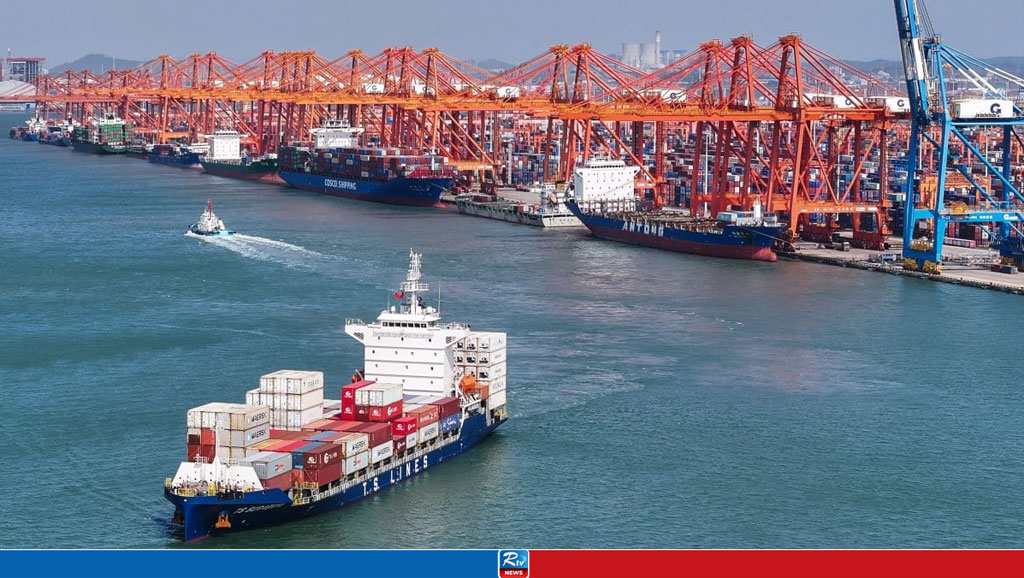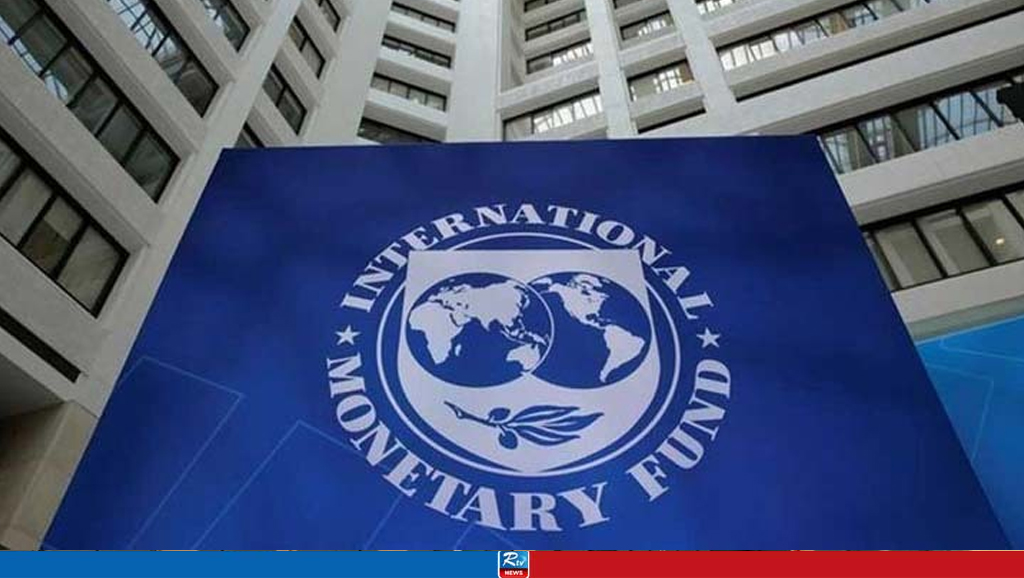Why Does China Enjoy Preferential Trade Status with US, and Could It Lose It?

The United States has the authority to revoke a country's trade advantages on national security grounds. In November, the US-China Economic and Security Review Commission recommended that Congress repeal China's Permanent Normal Trade Relations (PNTR) status and reinstate annual reviews of its trade practices to increase leverage in influencing Beijing's policies.
What is PNTR Status? Previously known as Most Favoured Nation status, PNTR allows the US to engage in free trade with foreign nations. China was granted PNTR in 2000 as part of an agreement to liberalize its markets and trade practices before joining the World Trade Organization (WTO) in 2001.
Legal Process for Revocation Under WTO regulations, the US can revoke a country’s trade benefits for national security reasons through a simple majority vote in both the House of Representatives and the Senate. This process was utilized by the Biden administration to impose sanctions on Russia following its invasion of Ukraine in 2022.
Likelihood of Revocation for ChinaInternational relations expert Pang Zhongying from Sichuan University suggests that a second Trump presidency could seize the opportunity to revoke China's PNTR status due to worsening trade relations. Despite this, China would likely aim to maintain its PNTR due to the significance of the US market, as alternatives like the Belt and Road Initiative, the China-Russia partnership, or BRICS are insufficient substitutes.
Alfredo Montufar-Helu, head of the China Centre at The Conference Board, indicated that the threat of revocation could serve as a negotiating tool to compel China to increase US imports and improve market access for American businesses. With the Trump administration appointing China-focused officials and a Republican-controlled Congress, significant action against China could be imminent.
Han Shen Lin, China country director at The Asia Group, views the rhetoric surrounding PNTR revocation as a strategic negotiating tactic rather than a firm policy stance. However, it could become a reality if negotiations deteriorate.
Implications of RevocationRevoking China’s PNTR status would allow the administration to implement the proposed 60% tariffs on Chinese imports. This move would signal a decisive shift in US policy, acknowledging that decades of economic engagement with China may have been strategically misguided. This bold action could appeal to Trump either as a high-pressure negotiation tactic or as a reflection of his genuine stance.
However, Zha Daojiong of Peking University cautions that the broader impact is uncertain, especially regarding whether the US would also target intermediary economies that facilitate the flow of Chinese goods into the US market.
Comments
IMF Lowers Bangladesh's Growth Forecast to 3.8%, Inflation to Hit 11%

Garment Export Trends in Europe: A Resilient Performance

Vegetable Prices Down While Rice, Chicken Prices Soar; Soybean Oil Crisis Persists

Chief Adviser to Inaugurate Trade Fair

Remittance Inflow Reaches $2.42 Billion in 28 Days of December

Gold Prices Drop Again

Dhaka Trade Fair Opens Today


 Live Tv
Live Tv




